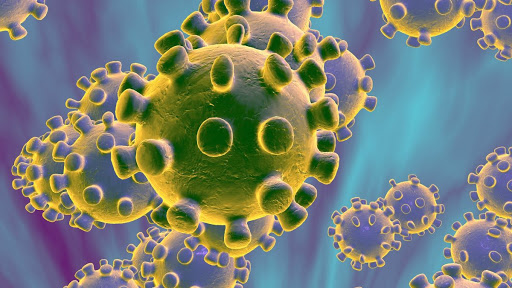Coronavirus update and advice for HIV positive Australians

 COVID-19
COVID-19
Joint statement from Living Positive Victoria, Positive Women Victoria and Thorne Harbour Health.
We would like to acknowledge that some HIV positive members of our community may be feeling particularly anxious regarding the 2019 coronavirus (COVID-19).
COVID-19 is a respiratory illness and as it has only been recently identified, we are still learning more about it and the potential impacts. There remains some uncertainty about how fast the virus may spread to Australia. So far the isolation procedures employed have been highly effective in stopping the spread of COVID-19 and ensuring the welfare and safety of the Australian public. As a result of the isolation procedures, there has been no evidence of human to human transmission of the virus in the Australian community.
It can be worrying to hear media reports about coronavirus, or as we now know it COVID-19. At the present time, you should be mindful to take steps to minimise the risks of COVID-19, but you don’t need to be fearful of using public transport, going out to restaurants and carrying on with your daily life.
For now, Australia remains in containment mode – identifying possible cases, isolating those who are infectious and quarantining contacts to minimise the risk of further spreading of the disease. Our department is the lead agency for the management of this public emergency.
The COVID-19 situation is changing rapidly, and you can find the latest updated advice on as issued by the Victorian Department of Health and Human Services COVID-19 website.
Living Positive Victoria, Positive Women Victoria and Thorne Harbour Health would like to take this opportunity to reassure all people living with HIV and vulnerable members of the diverse communities which we serve, that we are working in a collaborative manner with the Victorian Department of Health and Human Services to provide accurate information and engage in preparedness activities.
So what can I do now?
Remain calm and informed.
The most important way to prevent the spread of the flu or coronavirus is to practice good hand and respiratory hygiene.
• Frequently washing hands thoroughly for at least 20 seconds with soap and water
• Covering you nose and mouth when sneezing or coughing with a tissue, or into a flexed elbow. (discard the tissue immediately, but thoughtfully after use)
• Stay one metre away from people coughing or sneezing.
• Try to avoid touching your face as this may transfer organisms to your mouth, nose and eyes from surfaces you may have touched.
• If you are unwell with a fever and cough, stay at home and seek medical advice early.
Being prepared is also about discussing with your doctor early uptake of your vaccinations such as the annual flu shot when it becomes available.
If you are living with HIV and other medical conditions, you should ensure you have a good supply of all of your medications at hand over the months ahead. Be mindful of when your current medications run out and when it is time to order more.
If you are concerned you may have acquired COVID-19, seek assistance from your doctor. Be sure to inform your doctor of your condition in advance of your appointment so they can prepare a space to receive you safely or refer you to a more appropriate service.
Current advice
If you have been in mainland China, Italy or Iran in the past 14 days or been in close contact with someone who has COVID-19, visit the COVID-19 website for information on what you need to do.
For more advice on reducing the risk of coronavirus at home and at work, download the ten ways to reduce your risk of coronavirus. Other COVID-19 resources are available on the DHHS website.
Our organisations will continue to work together and closely monitor the situation to provide updates to information.